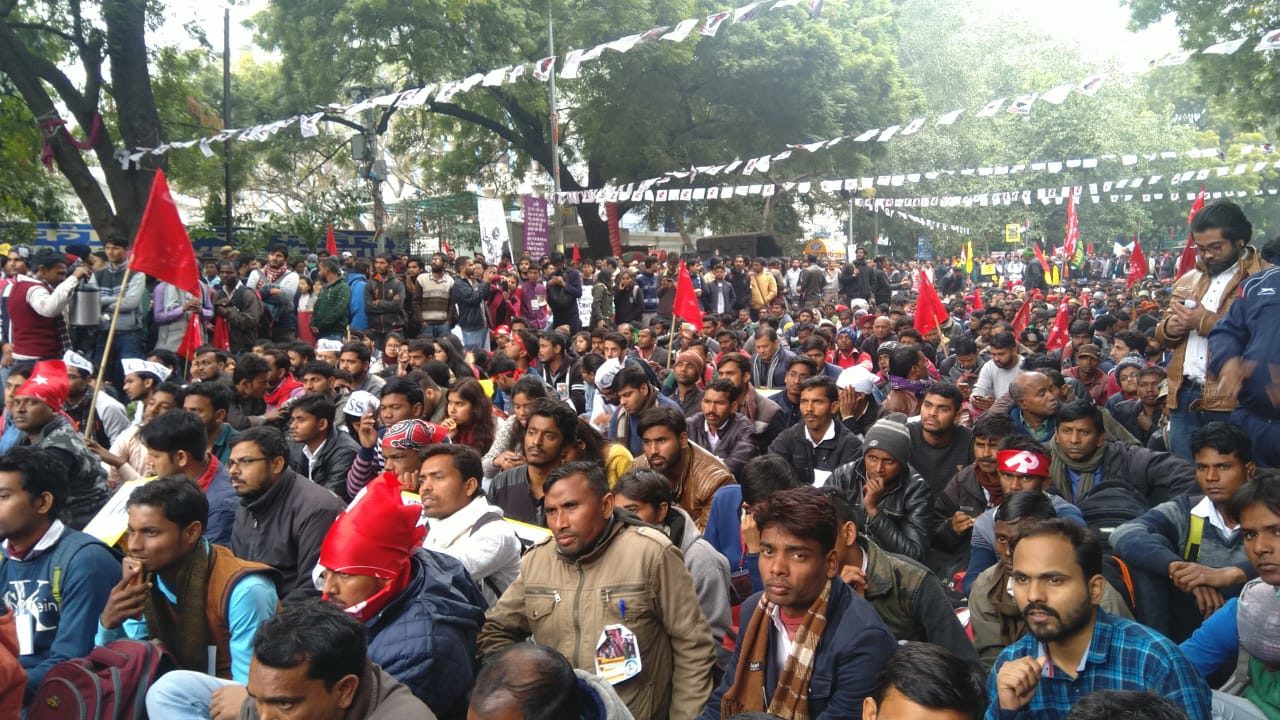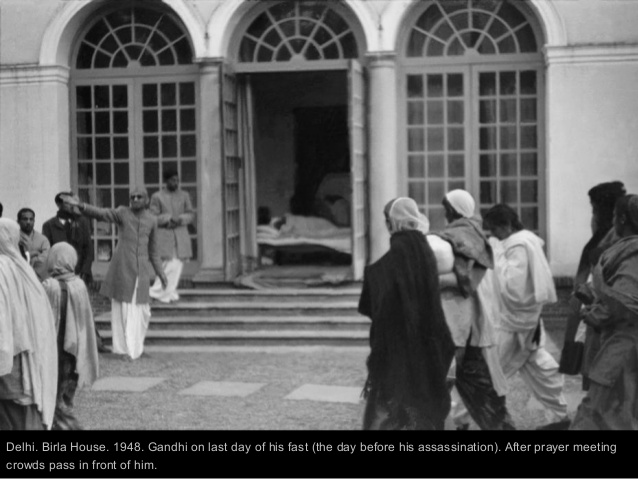The simplest acceptable definition of democracy is – a government by the people, of the people and for the people. Although it has been equated with the principal of voting, as a norm, i.e., one person one vote – a sincere operationalization of this definition would require much more than ensuring the voting rights for individuals.
A lower age limit of 18 years has been thought to be reasonable for an individual to be able to exercise her right to vote. The expectation that an individual will exercise the right to vote after sufficient application of mind and will not take it casually, is reflected in the decision to have prescribed a lower age limit. Why is it that a child is not found fit to exercise the right to vote, even though she is in every measure an equal citizen of a democratic nation? This is because, it is felt that, in a child, the reasoning and critical thinking abilities may not have sufficiently developed to the extent that she can take an informed decision on a matter crucial enough to decide the fate of the nation. It is further believed, that by the time an individual reaches the age of 18 years, she, in normal circumstances, is capable enough to judiciously exercise this sacrosanct democratic right. Why is this so? Apart from the age-related mental and psychological development of an individual, what is the factor that determines that a child has matured into a responsible adult, who can meet the expectations of exercising her right to vote after sufficient due diligence? The most important factor for determining this is education.
What exactly is education? Education, in fact, is a very wide term ranging from acquisition of basic literacy to something that can be called ‘an enlightening experience’. Whereas, the term is commonly understood in terms of formal school and college teaching-learning, it actually is much deeper than that. Education, most importantly, means the development of critical thinking and reasoning abilities in an individual, so that she can decide what is right and wrong for her, and act accordingly. At the same time, it is also equally important that the beliefs and value systems according to which she decides to live do not acquire the characteristic of being static and closed. Hence, the development of the abilities to challenge and be challenged, to discuss, debate and refine ideas, thoughts and viewpoints continuously, to listen and be heard, to reflect and introspect, is equally essential. Only such informed and self-confident individuals can result in the development of a truly vibrant democratic society.
What are the requirements of an education system for the cultivation of such individuals? An education system, for it to be able to cultivate a spirit of enquiry and a predilection towards discussing, challenging and thereby evolving, has to itself be based on the pillars of transparency, objectivity and criticality, not forgetting the fourth pillar of compassion and empathy.
The success of an education system lies in being able to cultivate in individuals, an unquenchable thirst for learning, an excitement towards generation and discussion of ideas, a confidence that knowledge gives, humility to be able to accept alternative and contrasting viewpoints graciously, ability to empathize and think contextually, ability to resolve conflicts with words rather than action, an ability to be able to filter out the massive content easily available for consumption today’s times and an ability to differentiate between the right and the wrong, the genuine and the fake, the progressive and the regressive. Such an education system will be able to infect the whole society with a positive energy. All the members of such a society, young or old, literate or illiterate, rich or poor, belonging to any caste, gender or religion, will have, at their roots, an underlying spirit of enquiry, a rational attitude, empathy coupled with courage and a drive towards always making themselves better and in turn, making the world a better place to live in. Such individuals, when they exercises their right to vote, will it not be good for the nation, and for democracy?
Information is one of the crucial keywords that emerges from the above discussion on education. To be able to develop into an informed individual, the foremost pre-requisite is that reliable information is made available to every individual, so that she can analyze the same and make informed decisions and choices based on it. This decision making power is essential not only for the maintenance of a vibrant and true democracy but also for each and every individual to lead a dignified and enriching life. This information, especially, regarding the significant events occurring at a particular day and age, reaches an ordinary individual through various print and audio-visual media.
In a democracy, people exercise their power to govern, by delegating that power to their representatives, whom they elect through the process of elections. This power is exercised by these representatives in the name of the people, and thus is not unfettered. It comes with attached responsibilities and accountability. Apart from the judiciary, media is the organization that has been entrusted with the critical role of acting as people’s watchdog in a democracy. Its job definition is to ensure that the power entrusted by the people is not misused by the representatives. Thus, by definition, its role is to constantly keep a check on those in power, and hold them accountable to their every act of commission and omission. Is it not a sign of lack of trust in the elected representatives, a challenge to their authority, a limitation on their freedom to exercise the authority bestowed on them in the best interests of the nation, and a huge disservices to the nation if they are to be held accountable for their every action? Absolutely not. This is because the elected representatives have been bestowed with power and the authority by considerable number of citizens of the country, and these powers and authority are meant to be exercised only on behalf and for the citizens. It is a delegated power and not an absolute one and accompanied with responsibility and accountability at all times.
The media, thus, has a humongous responsibility in a democracy – of constantly informing people about all actions – good or bad, desirable or undesirable – of those in power. It is their job requirement to ensure that all the facts are disclosed to the people and nothing is hidden from them. Only then will the people be able to objectively analyze the performance of their representatives and decide whether the job was well done. Only then will they be able to make an informed decision on whether they want to continue with the same representative or change the incumbent. What if media fails or refuses to perform its job? The result will be a society comprising of ill-informed individuals forced to make their decisions based on either no information or inaccurate information. This will, in turn, result in making a mockery out of the concept of democracy itself, where the letter of it will prevail but the spirit will have been killed. The resultant society that will be formed in such a scenario will have lost its soul, its vibrancy and its quest to attain higher purposes in life.
And finally, what kind of polity can prevail in such a soulless society? The polity of greed and lust for power. The polity of fear and hatred. The polity of lies and deception. Who will benefit if such kind of polity and society is created? Those in power? Will they really? Depends on what the definition of success really is. If the definition of success is to be able to hold on to the power once granted, will they have succeeded? The answer may look seem to be in the affirmative but may not be necessarily so. For how long can such power be held? May be not even long enough to be able to last an individual’s lifetime. Why? Because fear, hate, lies and deception are not normal. Huge amount of energy and resources need to be expended in maintaining an atmosphere of fear and in safeguarding the deception being resorted to. It is a very high maintenance system and sooner or later, tends to show signs of wear and tear. On the contrary, a system based on harmony, truth, transparency, trust and respect, once established, cruises along on its own – in auto mode – with only one requirement – that of an alert citizenry, which is able to assert its legitimate power – the power of people – the only true power in a real democracy.














